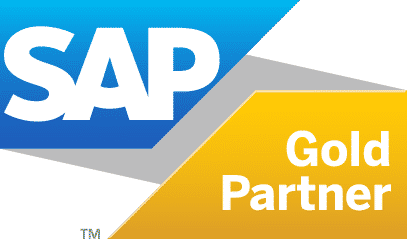
If you’re a support engineer, then you’ve probably experienced this before: A customer calls up with an issue and describes it as a “technical problem”. Your next question is usually “how can I reproduce this on my side?” which is where the fun begins. The customer may not know how to reproduce the issue themselves, so they just give you a few pointers on what might have happened. You go back to your computer and try out what they told you – maybe it works or maybe it doesn’t! This often leads to some frustrating conversations and wastes both parties’ time (especially yours).
When a customer shares a problem with the support team, it can be categorized as either a ‘technical problem’ or a ‘functional problem’. Technical problems are about the code and functional problems are about the business. The support team needs to understand both to fix them.
When a technical issue arises, the first step for the development team (Dev) is to investigate and identify where it came from. This involves inspecting logs, tackling bugs, and trying out different solutions until an appropriate solution is found. However, this process can take time (depending on how complex the bug is) and involves isolating variables such as timeouts and resource availability, code changes vs environment changes (i.e., test vs production), etc. This can result in delayed response times for customers who are waiting for their issues to be resolved.
Whereas a functional problem occurs when even though the application is working properly, the customer does not understand how to use it to get his desired outcome. Functional problems can be solved by training, documentation, and other means of communication such as leaflets or web pages. In some cases, however (especially in complex applications), a change in the application itself may be necessary to solve a problem.
To resolve a techno-functional problem, the support consultant needs an understanding of what happened in the code. This means that they must know how the application was developed and why it behaves as it does. They must also know business processes and how they are used within applications. Finally, they need to understand what customers want, so that they can help them achieve their goals without compromising security or quality of service.
Over time, by the experience gained from working on a particular module, Technical Experts tend to understand the business needs and processes and acquire functional knowledge and vice versa. As a result, they are frequently referred to as techno-functional resources. Similarly, a person whose job is to provide post-production support will select the functionality, which is typically restricted to that particular project or product and will gradually transition toward becoming an expert in either the domain, the business, or the product.
If your team looks after multiple applications, then having a techno-functional resource can help streamline your workflow while also offering your customers more personalized solutions.
If you’re working in an environment where multiple applications require similar functionality, having at least one techno-functional resource will help save time by ensuring that customers are directed to the right person when they need assistance. The goal of having all these resources on hand is not just to make it easier for them; it’s also about giving customers the best experience possible through personalization and efficiency—and that’s what we’re here for!
Top 10 Techno-Functional Consultant Skills:
- Being familiar with the underlying ERP Technology
- Knowledge of business procedures
- Comprehending ERP’s Functional Configuration
- Recognizing Developmental and Coding Standards
- Understanding the Methodology of Implementation
- Knowledge of Project Management and Delivery Techniques
- Understanding business needs and converting them into ERP solutions
- Comprehending the business case for the requirements
- Knowing appropriate practices and how to create standardized, reusable code
- Recognizing both technical and practical design in architecture
How exactly does a techno-functional resource come in handy?
While an ERP techno-functional resource is responsible for managing the software that a company utilizes to perform its day-to-day operations, a CRM techno-functional resource is more concerned with their clients’ interactions with their customers.
CRM systems manage every aspect of a company’s interactions with customers, including sales, support, and service. Instead of supervising other elements of the company’s operations, the primary responsibility of a techno-functional resource who works solely with CRM is to handle the growing number of client requests and adjustments.
Communication between companies and customers, including information on orders and promotions, is another essential part of working with a customer relationship management system (CRM). The communication is conducted solely via the use of the automated system.
Therefore, the overall profile of a CRM techno-functional resource ensures important messages are sent from the company to customers through the system while also confirming that messages from customers are received through the system. This is done by providing that the system can send and receive notifications.
Conclusion:
If you are looking to expand your team and add a techno-functional resource, it’s worth considering if they will be able to provide value or not. The key is having someone who can look at both technical and functional problems while also being able to understand how they relate to each other.



